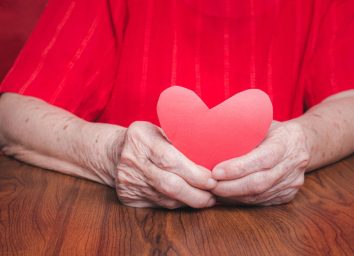Here’s How To Prepare Your Body for Menopause Starting at 30, Expert Says
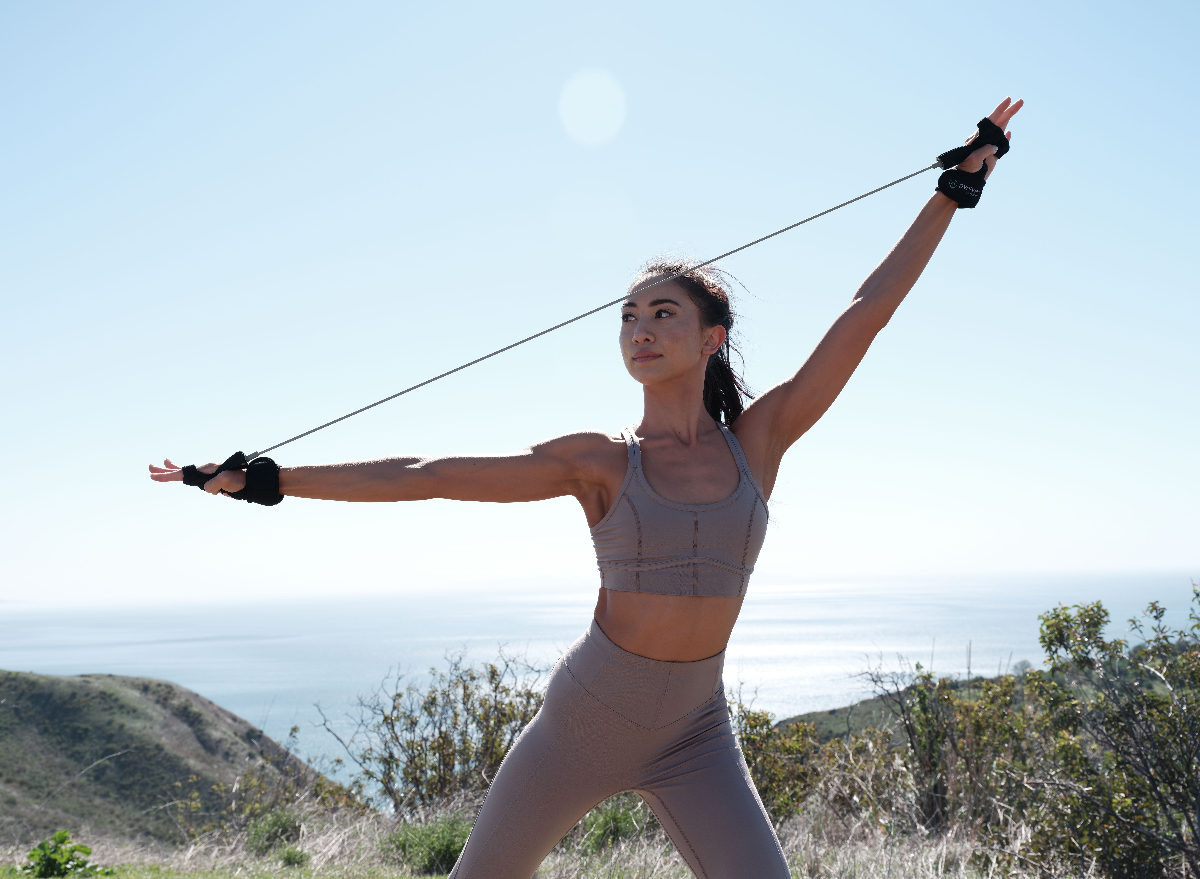
Menopause is a natural stage of life every woman goes through when they officially stop having menstrual cycles. The symptoms can be difficult to navigate, but the good news is, you can prepare your body for menopause starting as young as 30 years old. We’re here to tell you exactly how, so read on to learn more. And next up, don’t miss The 6 Best Exercises for Strong and Toned Arms in 2022, Trainer Says.
What symptoms to expect and when
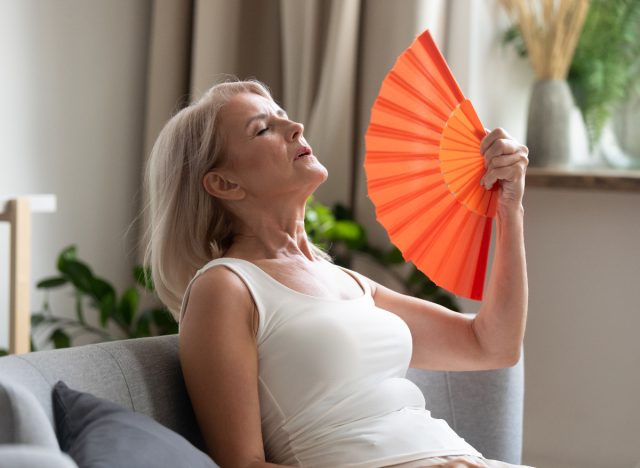
About a year or so after a woman has her last period, she begins her stage of menopause. According to the National Institute of Aging, perimenopause, or “menopausal transition” occurs during the years prior to menopause. This time period can consist of hot flashes, variations to monthly cycles, and more. This transitional time leading up to menopause can start somewhere between 45 to 55 years of age and can last anywhere from seven to 14 years.
Related: These Are The 3 Best Yoga Moves For Period Cramps, Instructor Says
Many things can impact this stage of life
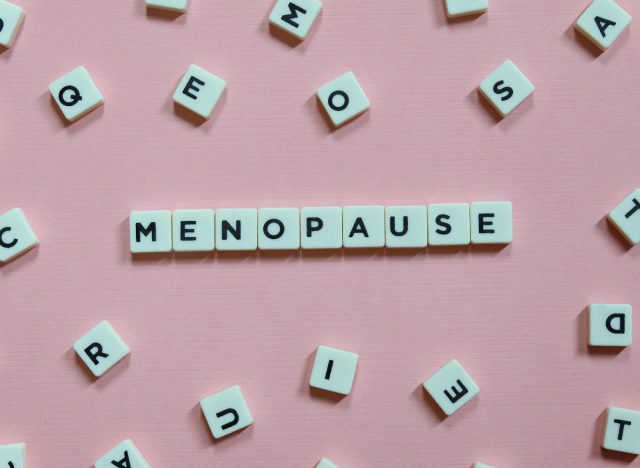
It’s important to know that many things about you and your lifestyle can impact just how long one’s menopausal transition lasts. The age you are when perimenopause starts, ethnicity, race, and whether or not you’re a smoker can all contribute to your experience (via the National Institute of Aging). To help make this natural process of life easier, we spoke with Dani Coleman, Lead Trainer, P.volve Los Angeles who shares healthy habits you can start at a younger age to prepare your body for the changes ahead.
Eating well is key
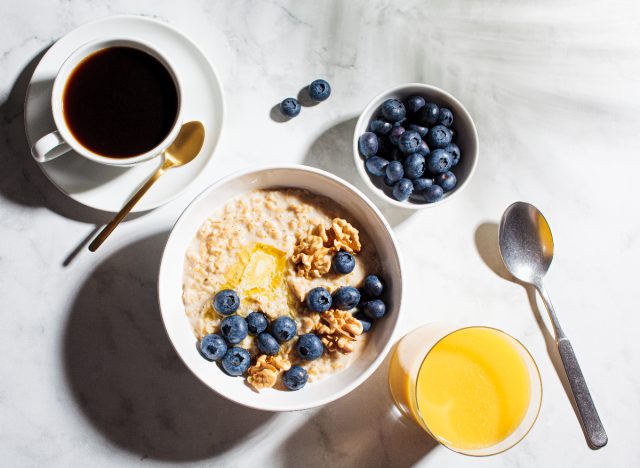
According to Coleman, staying educated can absolutely help address your particular symptoms and help with healthy eating. She points out, “It is common knowledge that what we put into our body is imperative to how we feel and how our body functions. I personally try to regulate how much sugar I am intaking and focus on eating plenty of fiber to focus on a healthy gut!”
Exercise can make all the difference in the world
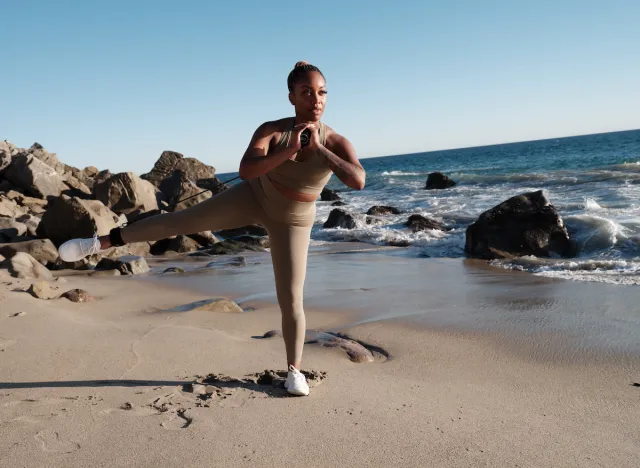
As women get older, they lose muscle mass each year, Coleman explains. A solid fitness regimen—weight lifting in particular—provides so many benefits. How so? Exercise can help lessen the symptoms you may experience by building muscle mass and stimulating bone regeneration.
Coleman continues to explain how important it is to stay active and eat well, noting, “Exercise and diet are key players when it comes to helping our mind and body feel their best. Furthermore, we know that moving the body can help boost your mood, alleviate stress, and move emotions through your body. Taking it a step further, focus on how you are working out. There are certain kinds of exercise that can trigger the release of stress hormones.”
As far as how much physical activity you need to fit into your schedule, Coleman suggests being active for about ½ hour each day. Walking is always a great choice. Performing strength training for 20 to 30 minutes, three times every week is also extremely beneficial. Be proactive and start making changes now to prepare your body for menopause—your body will be sure to thank you later!
